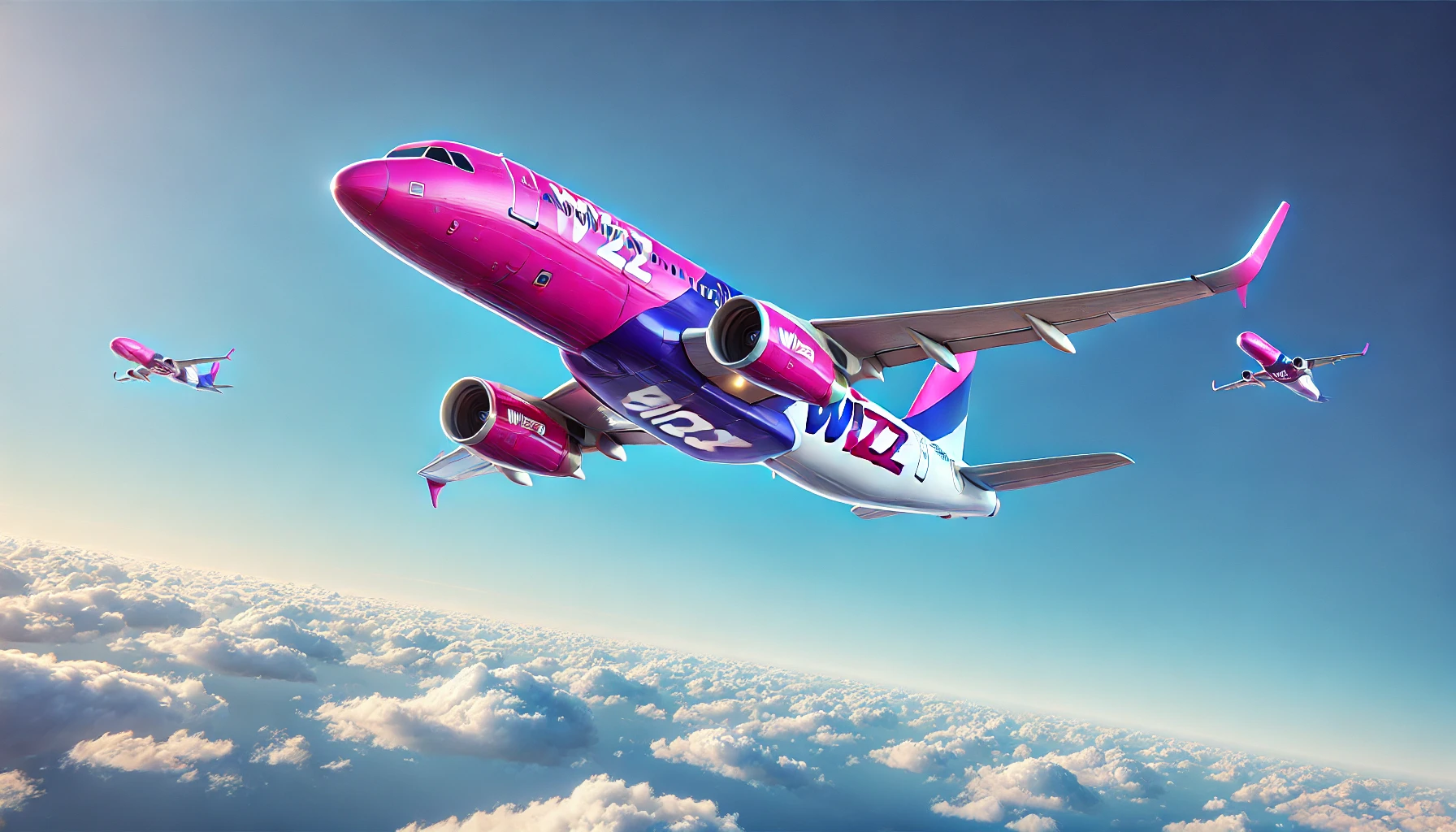Safety At Risk: How Airlines Must Respond To The ATC Crisis
A United passenger jet taxis with the airport's control tower in the background. (Photo by Robert ... More Alexander/Getty Images)
Getty ImagesIn the business of flying people through the air at 40,000 feet, one brand promise trumps all others: safety. No amount of premium amenities or loyalty points matter if passengers don't feel secure from takeoff to landing.
This truth confronts airline CEOs nationwide as they navigate an escalating crisis in air traffic control. Newark Liberty Airport, where United recently cut 10% of flights, may be the most visible flashpoint, but it’s not isolated. Similar issues at LaGuardia and Chicago highlight a systemic challenge that threatens airline brands at their core.
Warren Buffett famously said it takes 20 years to build a reputation and five minutes to ruin it. This wisdom has never been more relevant for airlines, with business models predicated on passenger trust. Air traffic control meltdowns haven't just created operational headaches; they've planted doubt about the most fundamental aspect of air travel: safety.
The perception of safety isn’t entirely rational. As Scott Galloway noted, humans are land animals by nature. When flying, even minor disruptions trigger outsized anxiety. Reports of controllers losing radio contact with planes or struggling with outdated equipment create a narrative no schedule reduction can counter. Each new incident expands the ranks of white-knuckle flyers, leaving them with shaken confidence.
Travelers have choices. With multiple airports in many metro areas, passengers won't voice safety concerns; they'll simply book elsewhere. This silent exodus is more damaging than vocal complaints because it happens without warning. People won't admit their fear of certain airports; they'll quietly choose alternatives that feel safer.
The most dangerous brand threats are those that customers don’t articulate. They don’t call to say, "I’m concerned about air traffic control staffing." They silently shift business elsewhere based on intuition, eventually showing up in market share data.
Making air traffic control safer is largely beyond the direct control of airlines. The FAA's staffing challenges and outdated technology could take years to resolve. Transportation Secretary Duffy acknowledges modernizing the system could require three to four years.
While reducing schedules helps mitigate delays, airlines cannot address the systemic problems that undermine passengers' sense of safety or rectify headlines about controllers warning of safety concerns.
Schedule reductions are necessary but insufficient. When safety perception is at stake, half-measures rarely reassure. Airlines face a profound challenge addressing fears that run deeper than flight schedules.
This brand threat attacks the most fundamental airline promise. It doesn't appear immediately in customer surveys but manifests as a gradual erosion of trust and market share.
The worst strategy is downplaying the situation or suggesting reduced flights to solve the core issue. Safety concerns operate at a deeper level, touching primal fears that are difficult to dispel once activated.
Smart brands get ahead of crises with bold action. Airlines should adopt "defensive flying," similar to defensive driving. This means developing proprietary safety technologies beyond FAA requirements, creating redundant systems, and being transparent about these measures.
Airlines need to consider long-term safety perception, not just quarterly metrics. While they cannot fix the air traffic system alone, they can demonstrate an unwavering commitment to safety through defensive capabilities, even at a short-term financial cost.
The Newark crisis may dominate headlines, but the challenge spans national airspace. Airlines that respond with genuine safety innovation beyond schedule adjustments can build lasting differentiation based on what truly matters to passengers. Those merely waiting for government solutions risk watching their most valuable asset, customer trust, slip away to carriers that make passengers feel secure.








